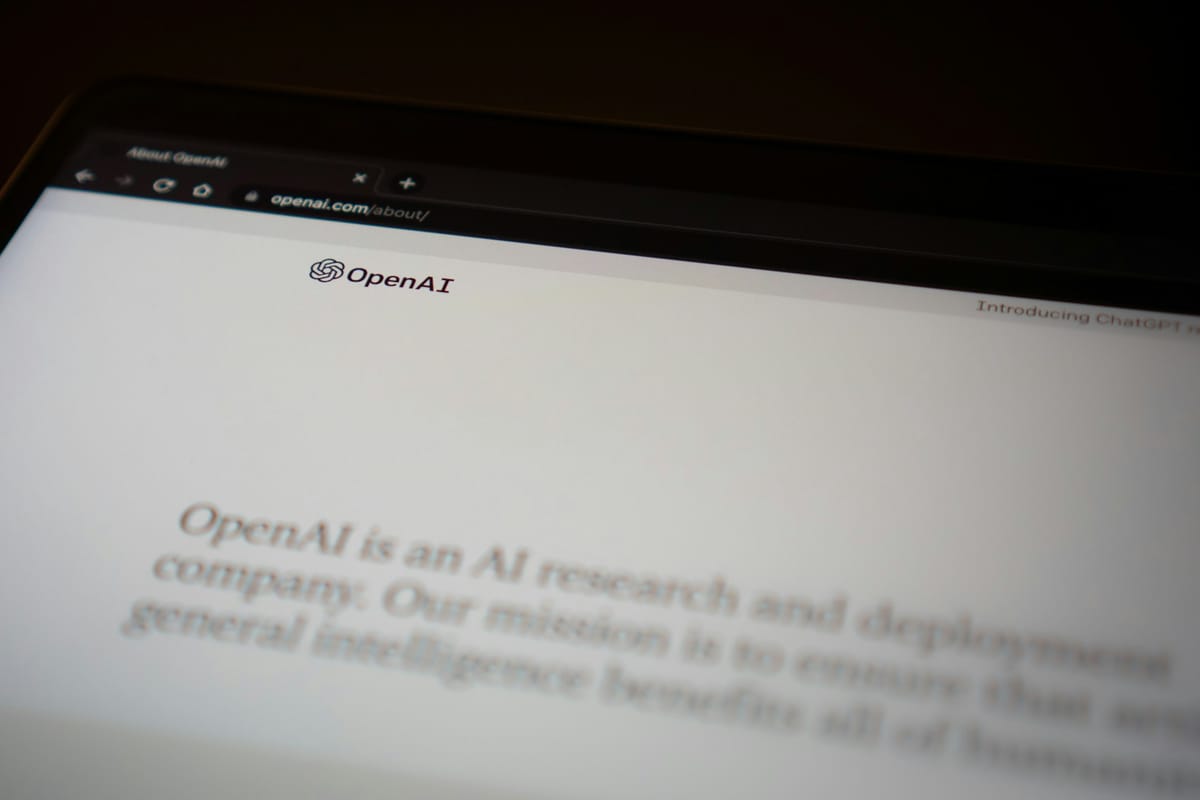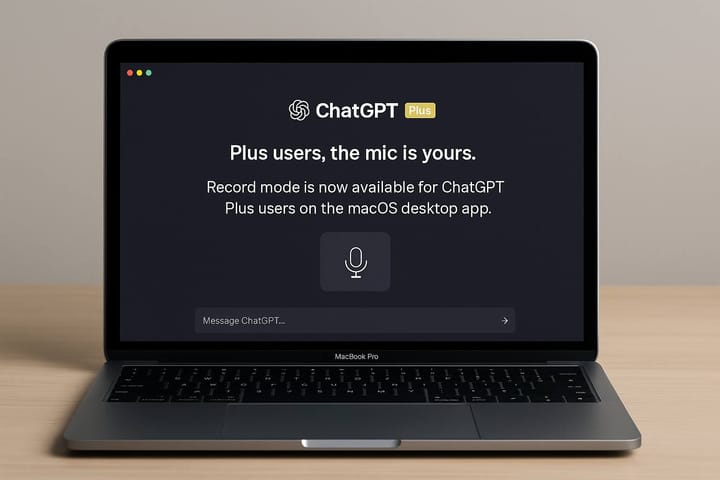ChatGPT Super Assistant: The Future of Digital Assistants in Daily Life
OpenAI introduces the ChatGPT Super Assistant, an all-in-one digital assistant solution ready to help with every aspect of your life.

ChatGPT Super Assistant: OpenAI’s Vision for the Future of Digital Assistants
Competition in the field of artificial intelligence technology is heating up. As a pioneer in AI, OpenAI is now rolling out a bold vision to transform ChatGPT into a “super assistant” ready to accompany and help users in every area of life. This ambition isn’t just talk; OpenAI has prepared a concrete strategy, revealed in its internal document “ChatGPT: H1 2025 Strategy,” which outlines a future plan that could revolutionize the way we interact with digital technology.
ChatGPT’s Vision: The All-Purpose AI Assistant
OpenAI doesn’t just want ChatGPT to be a smart chatbot—it aims to turn it into a true super assistant. By adopting a “T-shaped skills” model, ChatGPT is expected to do two main things:
First, it will master everyday general tasks such as managing schedules, answering questions, planning trips, and automatically handling emails. Second, it will offer deep expertise in certain fields, like providing programming solutions or advanced data analysis. This enables ChatGPT to become the user’s main interface for all digital activities, challenging the dominance of other virtual assistants like Google Assistant and Siri.
Cross-Platform and Life Integration
One of the most important aspects of this strategy is ensuring that ChatGPT is available on various platforms and devices. At home, ChatGPT can help find recipes, play music, or answer questions. On the go, this AI assistant can provide the fastest routes, recommend places to eat, and connect users with friends. At work, ChatGPT can take meeting notes, prepare presentations, or help manage important documents.
What’s more, OpenAI wants ChatGPT to be relevant in moments of reflection and relaxation, like helping with meditation or simply providing light conversation. The goal is simple: to make ChatGPT not just a tool, but a personal and adaptive digital partner.
Hardware and Strategic Collaboration
In its mission to turn ChatGPT into a super assistant, OpenAI realizes the importance of hardware innovation. The acquisition of an AI startup founded by former Apple designer Jony Ive is a strategic step. The product—a minimalist AI device without a screen, similar to an iPod Shuffle—will enable natural interaction via microphone and camera. This device is projected to blend seamlessly into everyday routines without disrupting user activities.
Infrastructure Challenges and Competition
Transforming ChatGPT into a super assistant isn’t easy. OpenAI faces significant infrastructure challenges, particularly the need for massive data centers to handle user demand spikes. In addition, fierce competition from Apple, Google, and Meta demands constant innovation. To address this, OpenAI is building a robust data center ecosystem, pushing for regulations that allow ChatGPT to be set as the default assistant on any device, and fostering an aggressive culture of innovation internally.
The Future of ChatGPT Super Assistant
OpenAI’s main mission is to make ChatGPT an integral part of daily life, not just a temporary digital solution. With innovative hardware, strong infrastructure, and a long-term regulatory strategy, OpenAI is confident that ChatGPT will be a pioneer in hyper-personal AI assistants—capable of understanding, adapting to, and fulfilling every user need, from household matters to professional tasks.
Broad Impact for Users and Industry
If this strategy succeeds, the ChatGPT Super Assistant will not only change how individuals interact with technology but also drive digital transformation across industries. From education, healthcare, and transportation to entertainment—all sectors could be connected through a single intelligent, adaptive, and personal interface. This is a major step toward a more inclusive, efficient, and beneficial AI future.





Comments ()